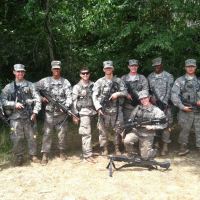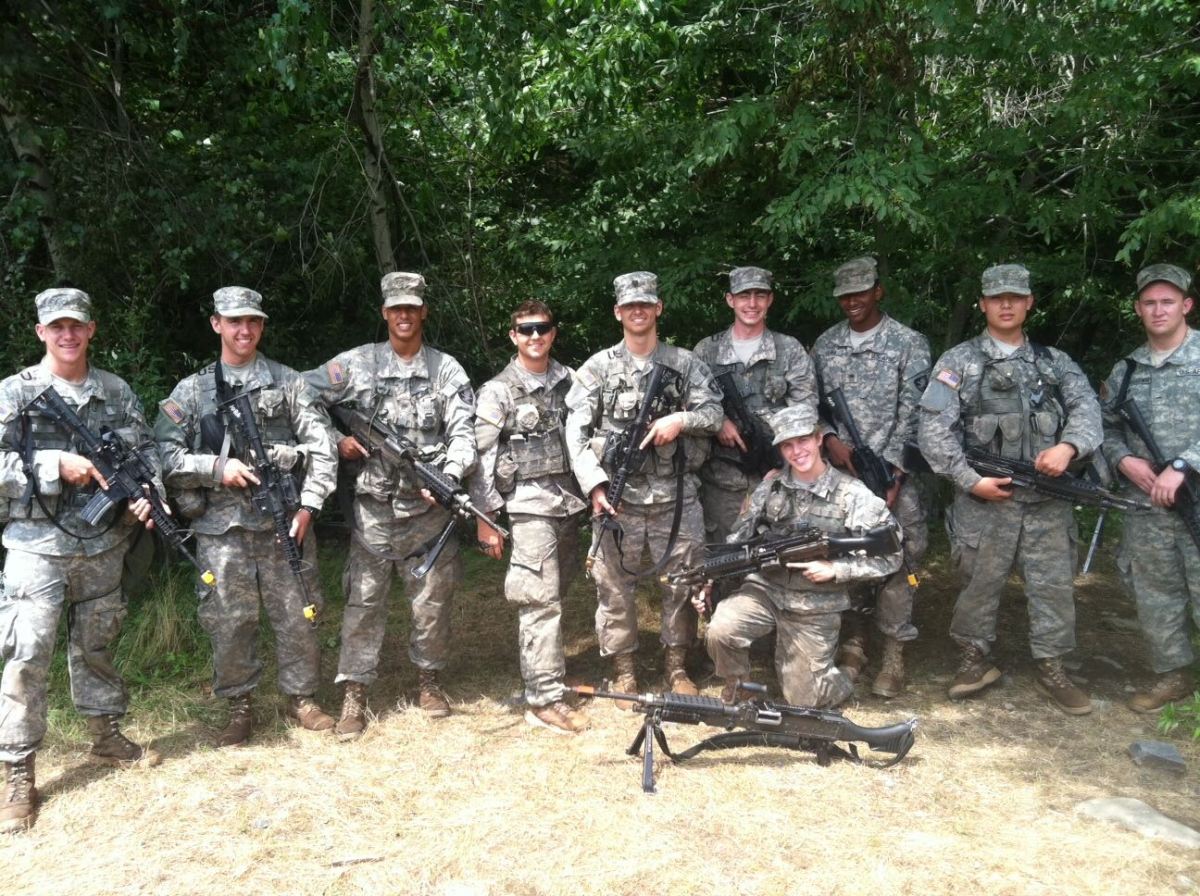If you passed Matt Malcom on the street, walking with his wife and two little girls, you’d have no way to know the journey they’ve been on the last few years. You’d probably think, “What a nice family,” and move on.
What you can’t see is that for so long, Matt had no connection with a hope for his future. He felt completely at odds with himself. Sometimes our best-laid plans become our undoing.
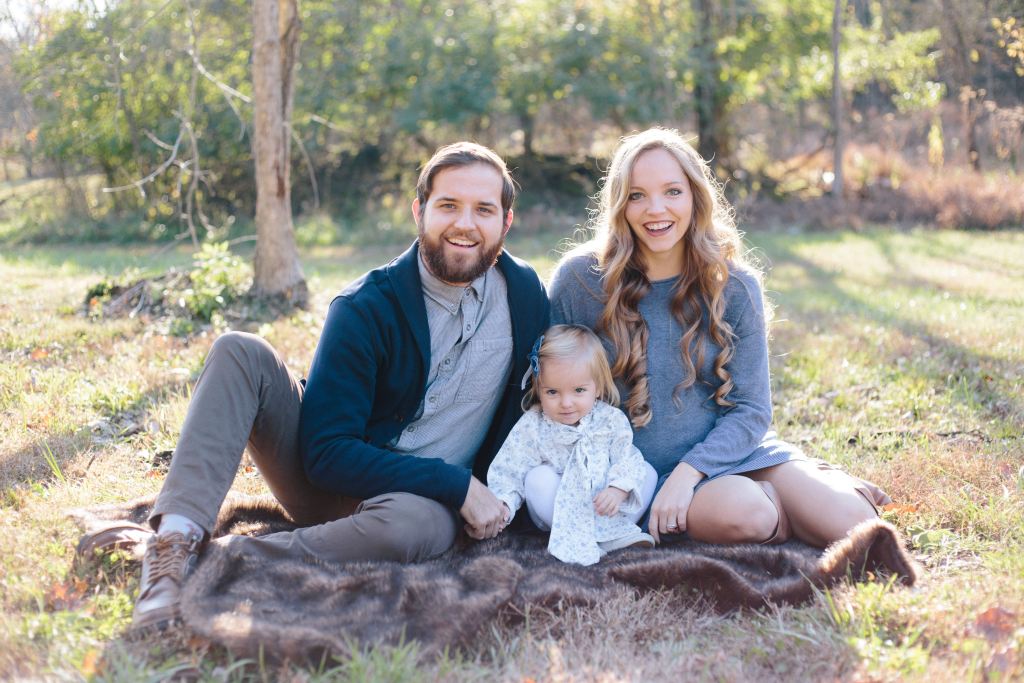
Long before joining Preemptive Love, Matt graduated from West Point, class of 2016. When he graduated he was commissioned into the army as a second lieutenant, field artillery.
Before that, he’d gone to the West Point prep school. And before that, Matt’s family history is stacked with stars and stripes military pedigree—his father and grandfather were both career army officers.
This was the kind of life Matt knew and enjoyed. It was the kind of life he always expected to have for himself.
“My little ego loved what I got from West Point, which was lots of respect anywhere I went. My family really validated what I did, and kind of looked up to me, and were talking about me often—very proud of me.
It was good for my self-esteem, to say the least. And I don’t know that I realized that, going into West Point, I would automatically just gain respect of the people. But once it started happening, it was kind of like a drug. I really enjoyed that.”
It’s a great feeling to know, so young in life, where you fit in in this world; to know where you’re headed.
Until you don’t.
About halfway through Matt’s time at West Point, he realized that his life, which had always been pretty straightforward, had become complicated—and conflicted. Matt’s heart was on a journey to becoming a peacemaker. But he was spending his days working really hard at being a soldier, and becoming a leader of soldiers.
“It was an inevitable collision that I wasn’t mature enough to see, but eventually it happened,” Matt confessed.
Related: Love Anyway Podcast, Episode 4: The Border Wall
For about a year and a half, the background image on Matt’s government-issued laptop was a picture from Syria, right after a shelling had taken place. It was an image of around 2000 people trying to get food in a hollowed-out street that used to be bustling. “And it was when I realized I was going to be in field artillery. And I just…I didn’t know why, but I needed to look at that every day.”
Matt was trying to sort through many feelings at that time, and remembers himself thinking, “Whatever happens, I just want to remember that when I’m on the other side of that lanyard, pulling the trigger of the Howitzer…I just want to remember that if I could first give these people something other than more bombs, I would feel a lot better about myself. Because they’ve seen enough of that. But they clearly aren’t being exposed to much else right now.”
Daily perfecting the art of war didn’t prevent Matt’s heart from seeking a different path.
“I found myself waking up one day realizing that I was very much a pacifist, if you can believe it-—waking up at a military academy realizing I’m a pacifist. And I’m committed for at least the next ten years, in one way or the other, to military service.”
From a spiritual perspective, Matt would wake up every morning ready to die for his enemies. That’s who he knew he was supposed to be—someone who loves his enemies, even unto death. But each working day for Matt was oriented around the idea of destroying the enemies of the United States of America. “And so that tension—I mean, I could only hold that for so long.”
What followed was a time of depression and anxiety. Matt’s life was slowly shutting down. “On the surface, I was just trying to make everything work and make everything okay. And the final collision happened while I was at my basic officers’ training course. I finally made the decision that I can’t be two people. I’ve got to stand up for this, even if it costs me everything.”
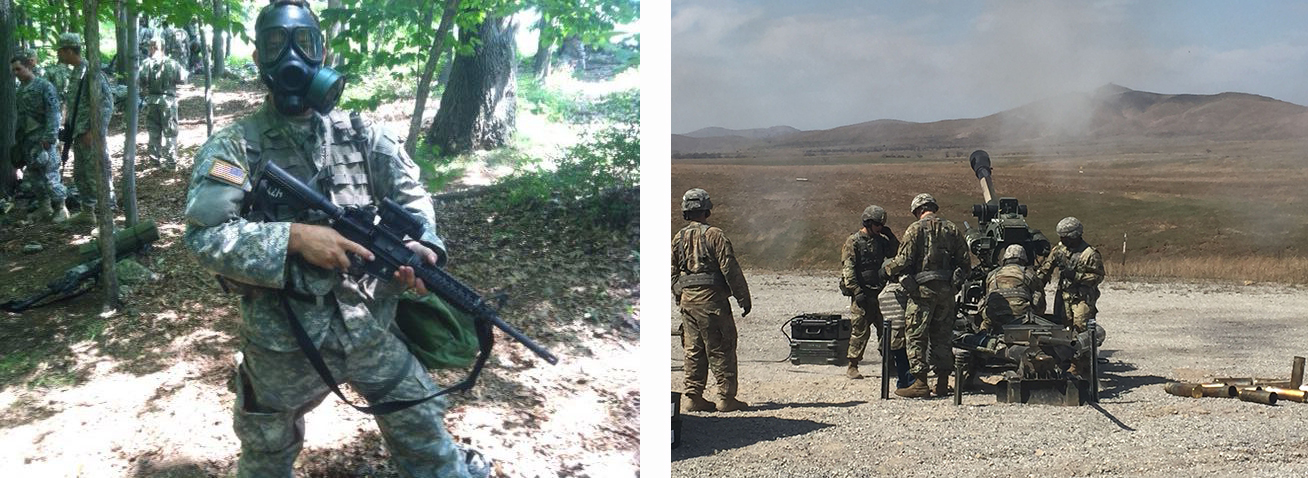
There were the practical costs involved with leaving a military contract:
- Preparing a two hundred page packet for the Pentagon’s review board, and subsequent red-tape laden processes to go through, so he could be discharged, honorably, as a conscientious objector.
- Making a plan to pay back a $100,000 West Point education (which he’s still paying off).
This was, by no means, an easy or painless process. But in many ways it paled next to the personal costs Matt faced when he left the military.
Between the conscientious objection, and growing into a peacemaker, Matt found himself living a life in many ways counter to the conservative American culture he grew up in.
Family on both sides were angry and confused at Matt’s decision to leave the army. “There are people within my extended family who no longer consider me a man, honestly.”
“You know, when you said the word, ‘conscientious objector,’ I would’ve thought of rebellious hippies or something, you know, like in the sixties. And the image–the way I was taught to look at them–is ‘they’re too selfish to serve their country,’ you know? So these were massive shifts for us.”
When you’ve always fit in, discovering that you’re now outside the circles of safety and encouragement you’ve always known can be extremely painful. Thankfully, Matt didn’t face that journey alone. His wife Kami was by his side, wrestling through the hard decisions.
“We would take time to dig deeper into it, and to discuss it—that’s one of the things we enjoy together the most, is just talking and learning about the world and going deeper on things that matter. At the time, I was in a year-long training course. And the point of the training course was to lob ordnance miles away and blow people up. Every day I’m in simulations, or I’m watching videos, and that’s like the entirety of my work life. And then I come home, and it’s like, ‘This just doesn’t feel right.’”
“And I think our marriage was already set up to handle those sort of deep philosophical, theological inquiries, that sort of thing. So once we started asking those questions, it was a wild ride. We were both adventurous in the sense that we don’t really want to settle until we feel comfortable about how we’re interacting with the world.”
“Internally, within our marriage, it was actually fun. And it was exciting, and it was seamless. But it was when we looked back a couple years later that we realized, ‘Wow, we’re really different.’”
“Neither one of us was the person that we had married. But, what we like to say a lot, is that we—both of us—we helped each other become the people that we’ve always wanted to be, and that we couldn’t be without each other.”
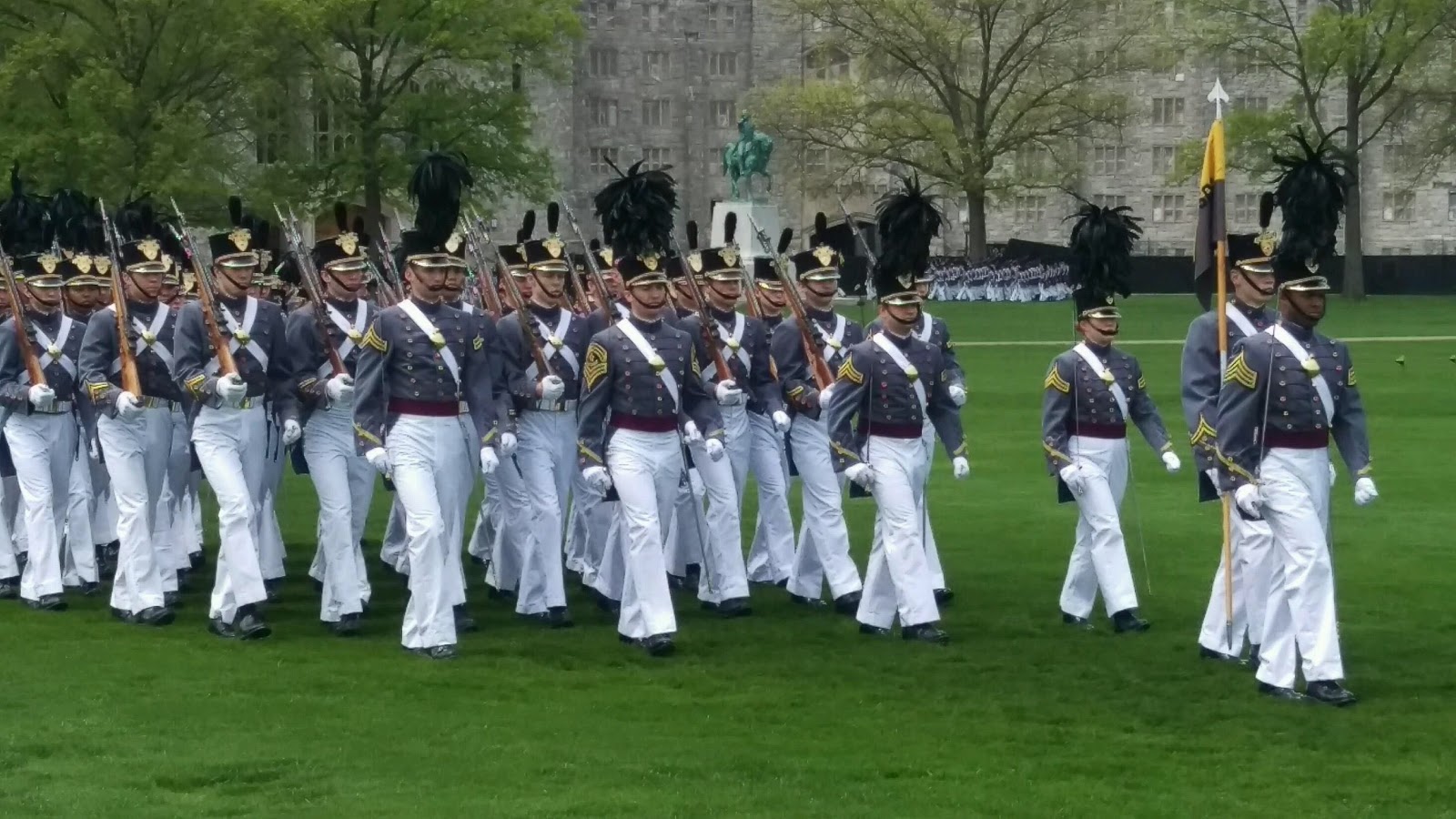
The cost of leaving a life he knew, and starting to create a family life as peacemakers, was steep, but Matt doesn’t regret it for a second. Rather than living a dual life, Matt discovered how to be “one whole person, a unified person, a unified consciousness, instead of having to lie to myself every day.”
At times the process seemed all-consuming. “I was so afraid… but once I walked through the valley I came out the other side and realized it was just fear. The more peaceful world, one without me in war, was so much closer to attaining than I realized.”
These days Matt is struck by the poetic path his life has taken. The military unit that he was supposed to join—half are stationed in Afghanistan, and the other half are stationed in Iraq, a few hours from Preemptive Love’s office.
“I should be on a forward operating base in Iraq, teaching Iraqi soldiers how to run fire missions. And instead, I’m waging peace, from an office in Nashville with my team in Iraq. So how poetic that is to me—it’s incredible.”
“As time went on, I realized the cost—the things I was afraid of losing—weren’t as severe as I was anticipating. In time, my family and I really sorted through our perceived differences, my financial burden just isn’t much to complain about, and I found an amazing new group of friends. My sacrifice has been minuscule. It turns out, the fear of what I would lose was completely invalid.”
Many who pursue a life of making peace find they face similar personal and professional costs that Matt experienced. Your life–your very identity–gets pulled apart at the seams and you start the hard work of piecing together something new and beautiful.
“I always think of myself first as a husband and a father—that’s kind of the groundwork for my identity. And after that… I wouldn’t have said this a year ago, but I definitely think that ‘peacemaker’ is right after that. That’s what my family and I are becoming.”
The days of hopelessness, depression, and lots of sleep are in the past. Now, Matt wakes up in the morning and finds there’s energy, there’s joy. It’s like he can’t wait to get out of bed.
“Because once I think you see the potential for a peaceful world, it really inspires good, healthy, quality day-to-day living.”

